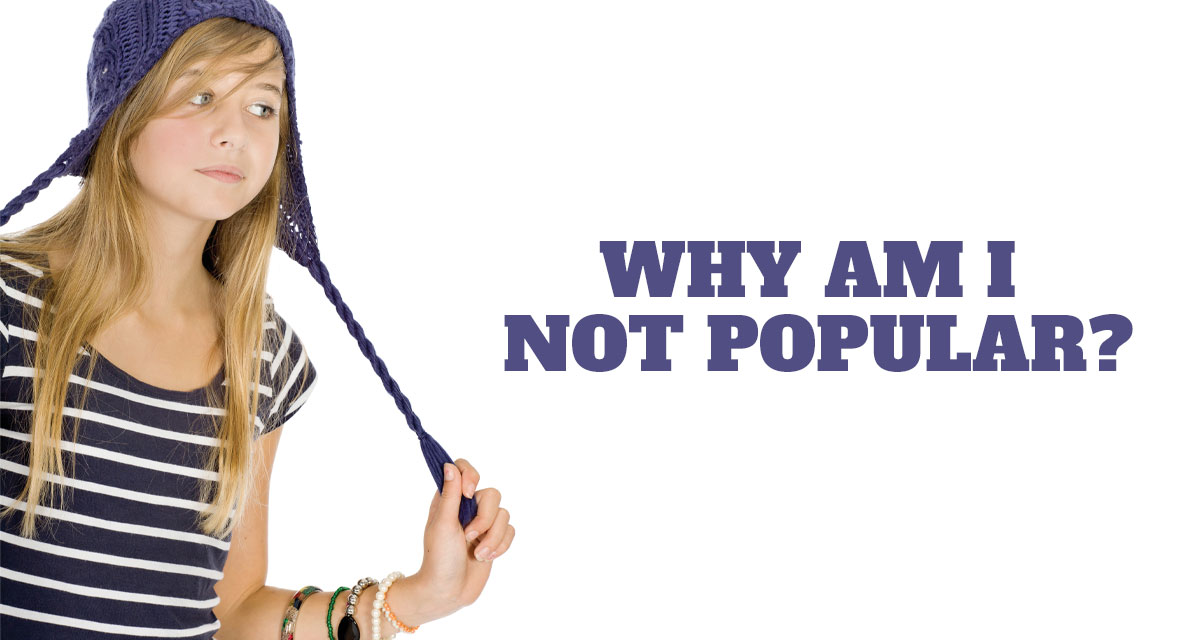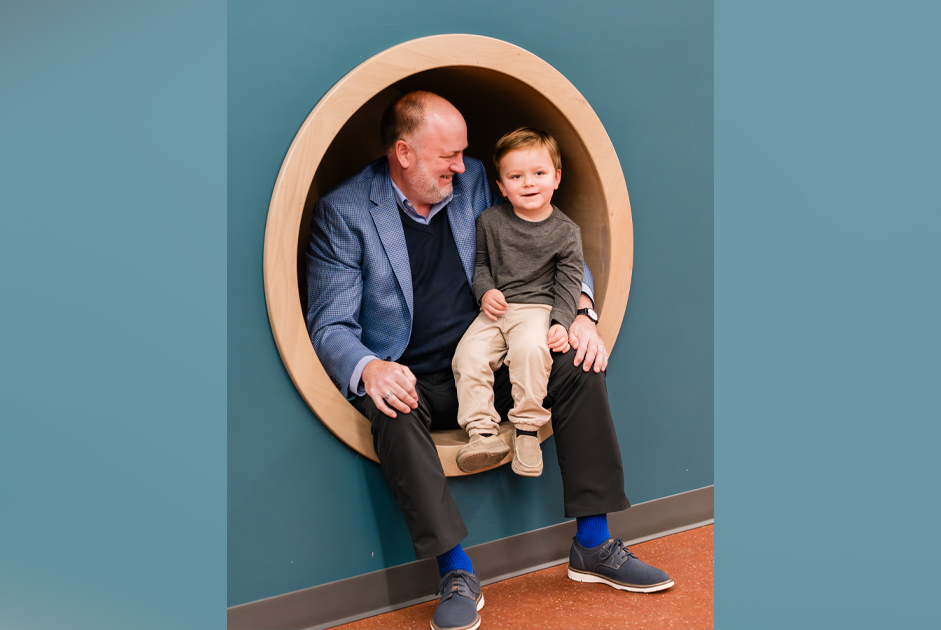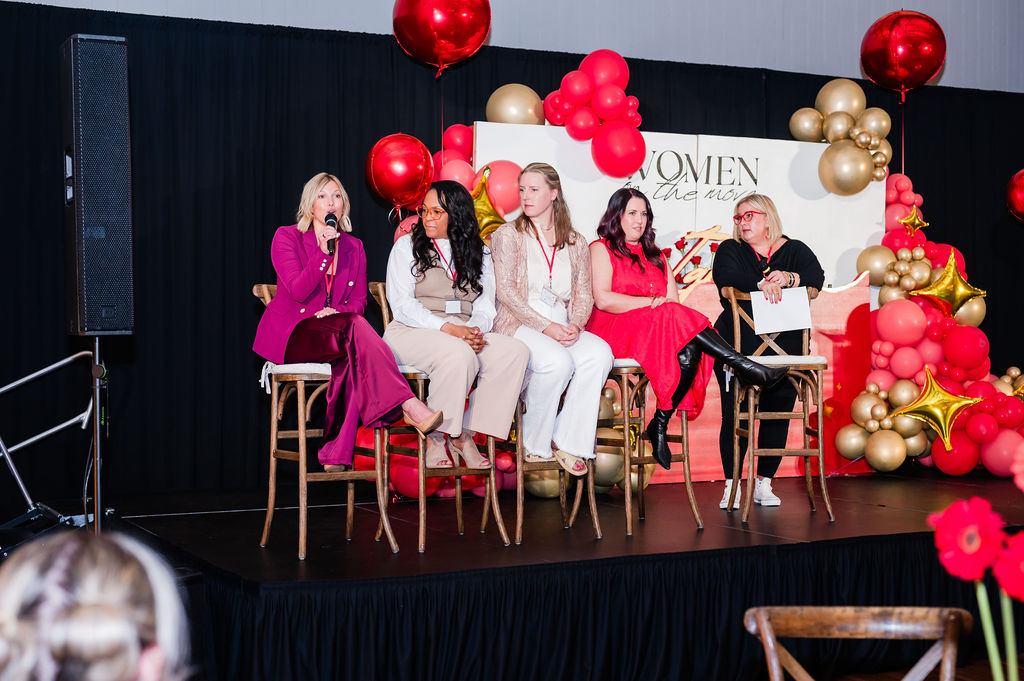We’ve all known them. The good-looking, charismatic, impeccably dressed kids who were smart, but not too smart, cool, and trendy. Maybe you were one of them. Or maybe you were among the unnoticeable kids who just wanted to be acknowledged by the “cool ones.”
High school is a unique experience for all of us. We were either popular or unpopular. We were either the sociable, trendy kids whom everyone wanted to be friends with or the nerdy, plainly dressed kids who were always denied access to the “cool kids’ table.” Our social experiences from high school impact our social experiences in adulthood. For instance, if we were popular in our adolescence, we will likely be happier and more successful in life. Whereas those who were unpopular are likely to face social isolation, depression, and (social) anxiety. Social acceptance is more powerful than we think it is! But it does not have to overpower us.
Popularity can be broken down into two elements: status and likability. Let’s look at these elements in depth.
POPULARITY BY STATUS
Some folks are popular because they are high in status. These high-status folks are either highly accomplished, have connections with influential or locally famous individuals, hold high authority positions, have many accolades, or all the above. People like this can attract a huge following because of their status, but may not be very approachable, relatable, or likable. For example, a very accomplished young woman who has been recognized constantly for her work and is connected with so many influential people may lack the proper social skills or the relatability to truly connect with others. This may cause her to have very little likeability or charm. These people can only get so far up the ladder, but being likable takes them a little farther.
POPULARITY BY LIKEABILITY
Other people may gain popularity because of their strong likeability. These likable folks may not necessarily be high in status, but are especially friendly, charismatic, outgoing, unassuming, and nonthreatening. They are the type who are adored by everyone in class or on the job, likely for being agreeable and super relatable. They don’t have a reputation for being uppity or pretentious. Likable people naturally draw a large crowd because people want to be around them. In contrast, many people may want to be around high-status people because they are attracted to who they are on the outside. Perhaps they want to say that they are friends or associates of high-status people because it ups their image.
WHAT DOES THE FUTURE HOLD?
When we look back on our social experiences in high school and even in middle school, perhaps, would we say they have an impact on our lives now? Have we overcome those many social rejections growing up and managed to lead a happy and successful life? Or did we let that high school popularity get into our heads and let it quantify our self-worth even as adults? As mentioned at the beginning, our popularity levels during school years can have an intense impact on our social lives and successes as adults.
The belief is this: those who were popular in their adolescence are likely to be happier in life and more successful. Whereas those who were unpopular are likely to be plagued with anxiety, depression, and more failures and setbacks than their counterparts. Although this has proven true for many, that does not have to be everyone’s reality. Our social experiences shape us mentally and emotionally, but our popularity level should not determine our fate. It is how we respond to such experiences. For instance, if we grew up unpopular, we can overcome our social woes and anxieties with time and follow our passions and see where they take us.
WHICH IS BETTER?
Status or likeability? Likeability is usually preferred over status, but status is also a big deal according to today’s culture! The science behind popularity suggests that to achieve optimal popularity, one must have a steady balance of likeability and status. Although popularity isn’t everything, it is important to know the science around it to determine how to make it work in our favor or overcome the “curse” of unpopularity. What is most important is the impact we have on others.
This article was inspired by Mitch Prinstein’s book, Popular: The Power of Likeability in a Status-Obsessed World (2017).



















